
All His Glory
By spreading emuna all over the world, we also crown Hashem in all His glory. If people don't know about emuna, they can't know about The King...

Part 4 of “Crowning The King”
People think they can run the world better than Hashem. They ask, why do we say during the Ten Days of Repentance, “Remember us for life?” Why don’t we say, “Remember us for a good life?” In order to have a good life, and in order to merit His forgiveness both on a personal level and a national level, we must learn to say “Thank-You.”
Whining, despair, and self-persecution are worse than any other sins. The only way to correct them is to learn to say “Thank-You.” When the yezter tells us lo tov, that this is not good, we must answer him hachi tov –  this is the best.
this is the best.
Our entire task in this world is to crown The King. With emuna and expressions of gratitude, we make the statement that “You, Hashem, are The King!” We crown Him with every heartbeat and every breath. Why is Rosh Hashanah the first day of the Ten Days of Repentance? Look in the liturgy – we don’t confess to our sins on Rosh Hashanah, nor do we express our remorse. But, by crowning The King with all our hearts, we show that we didn’t sufficiently crown Hashem all year long – this in itself is teshuva. We beg Hashem not only to be our King, but to make His monarchy apparent to the whole universe. By spreading emuna all over the world, we also crown Hashem in all His glory. If people don’t know about emuna, they can’t know about The King. Our job is to crown The King, not only over ourselves but over the entire world.
Rosh Hashanah is a wonderful two days, The King’s coronation. Yom Kippur is the best day of our calendar, our national day of forgiveness. But we have to remember – Yom Kippur atones for the sins between man and G-d, and not for the sins between man and fellow man. If a person causes anguish to a fellow human, he can’t ask Hashem for forgiveness until he first asks his fellow man for forgiveness.
Some people roll their eyes in their self-righteousness, yet they disparage their parents, their spouse, or even their children. They do dishonest things in business. Such people are far away from observant Judaism. Judaism demands that we respect every human and that we help every human.
The Gemara in tractate Sanhedrin 11a tells an eye-opening story: Rebbe Yehuda HaNassi, known as “Rebbe” in the Gemara, the president of the generation and leading Torah scholar who codified the Mishna, was lecturing in the Hall of Study. An overwhelming odor of garlic reached his nostrils. “Please,” he said, “will he who ate garlic be kind enough to leave the Hall of Study.” The holy Rebbe Chiya got up, and after him, all the other pupils got up and left the Hall of Study.
The next day, Rebbe Shimon the son of Rebbe Yehuda HaNassi, encountered Rebbe Chiya: “Why did you sadden my father yesterday?” he asked.
Rebbe Chiya replied, “There shall be no humiliation of a person ever, especially in the Hall of Study!” Rebbe Chiya didn’t eat the garlic, but he took the blame so that another person wouldn’t be embarrassed and humiliated. He shows us that a thousand Torah lectures aren’t worth embarrassing a single person.
The Gemara asks, where did Rebbe Chiya learn the severity of humiliating another person from? He learned it from Rebbe Meir Baal HaNess. Once, a woman came into Rebbe Meir’s Hall of Study and claimed, “Rebbe! Someone from your Hall of Study sanctified and betrothed me by way of intercourse. On the spot, Rebbe Meir wrote out a gett (writ of divorce) for the woman, as did each of his students, so that the guilty student wouldn’t be shamed in public. The Gemara has many other similar stories as well. In tractate Bava Metzia, the Gemara says that jumping into a fiery furnace is preferable to humiliating another person.
One’s treatment of fellow man, especially behind closed doors in a family setting, is the true test of one’s Torah observance.
If we want Hashem to forgive us, we should forgive others. Holding grudges is a terrible transgression of Torah. We must go out of our way to judge others fairly and with understanding. The Torah commands us to judge our fellow human fairly, in other words, to grant him or her the benefit of the doubt, for it is written, “With righteousness shall you judge your fellow” (Vayikra 19:16). If we see that our neighbor has positive attributes and faults, then we should avoid speaking about the faults and concentrate on the positive attributes. Indeed, we should even search for positive aspects within our neighbor’s faults. The benefit of going to such extremes in looking for the good in another person is that Hashem judges us in the same way we judge others.
Don’t forget that we do not own our spouses and children. We have no right to upset them. A lack of peace in the home indicates a breach in the mitzvot between man and fellow man. Husbands and wives do favors for one another all the time. How can they hurt one another? How can they be unfaithful to one another? A person that hurts his spouse does damage to his children. Not even a wild animal willfully hurts his offspring. A person who considers himself a Baal Teshuva, yet tortures his wife, hasn’t made the first step in teshuva. A person that doesn’t treat others with kindness and respect hasn’t internalized the first iota of Torah.
When you learn The Garden of Emuna, you learn that everything comes from Hashem. Your boss or your customer didn’t cause you harm – it was Hashem. So, once you learn emuna, you can be at peace with the whole world. Torah is middot – good character. If a person doesn’t have good character, he can’t have Torah.
People who hurt others don’t normally enjoy longevity. In fact, not even purgatory atones for insulting and causing anguish to another person. Hashem wants us to act like Him – He is compassionate, so we should be too. He is forgiving, so we should be too. He is holy, so we should be too. When we act like Hashem, we not only crown Hashem, but we show that He is our beloved Father and we are His children. The advantage of living our lives in holiness is that by emulating Hashem – and Hashem is above nature – than the forces of nature cannot rule over us. When we say to Hashem, “You are The King”, we subjugate ourselves to The King only, and we see every Divine blessing including the full redemption of our people, the rebuilding of our Holy Temple and the coming of Mashiach, speedily and in our days, amen!




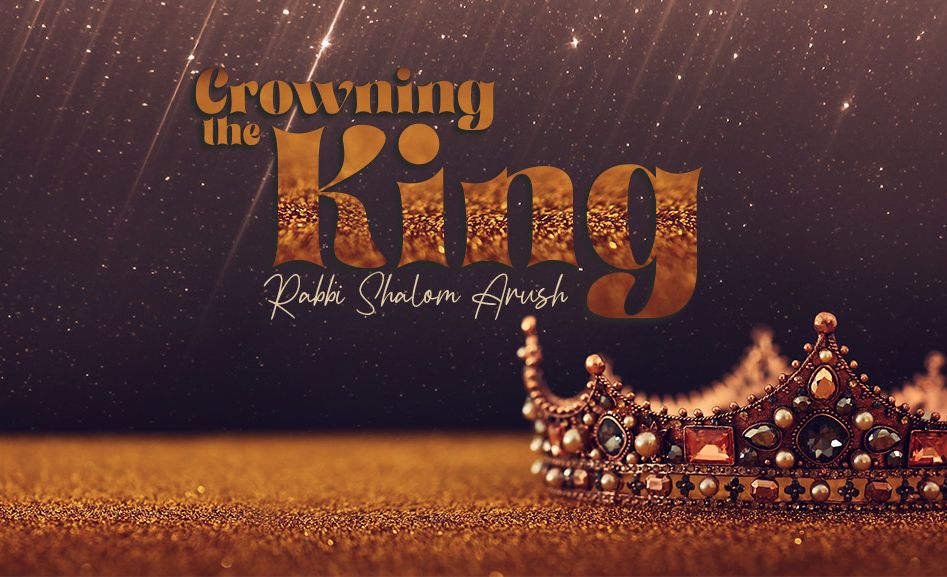
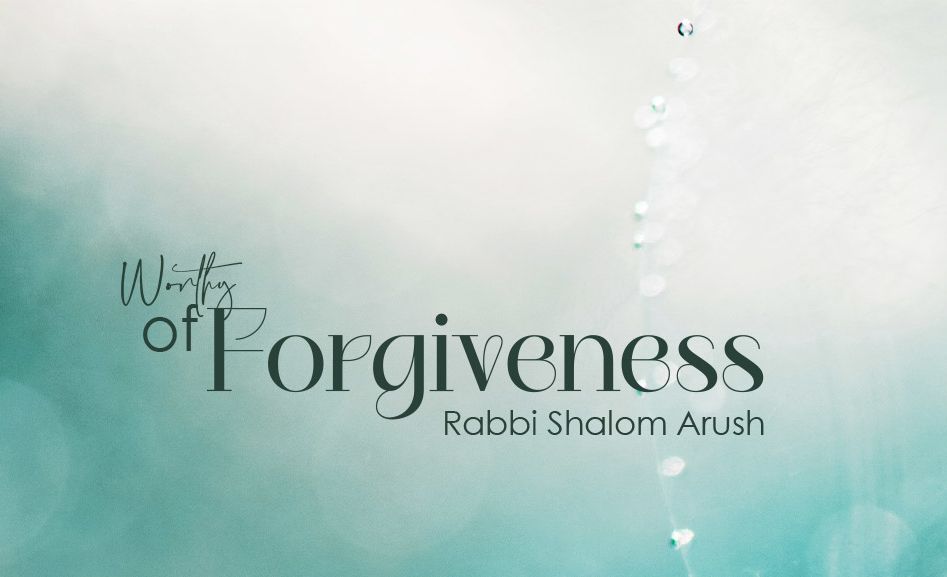
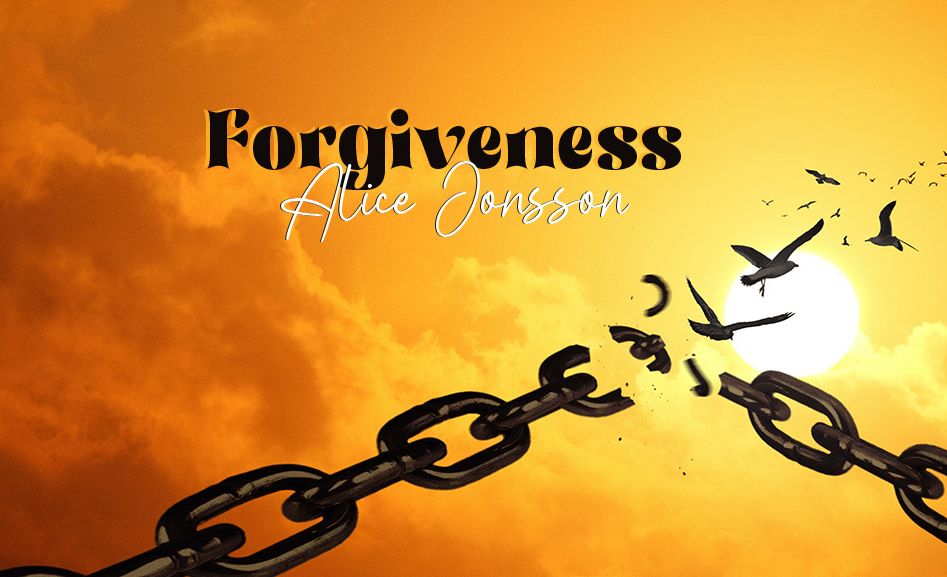

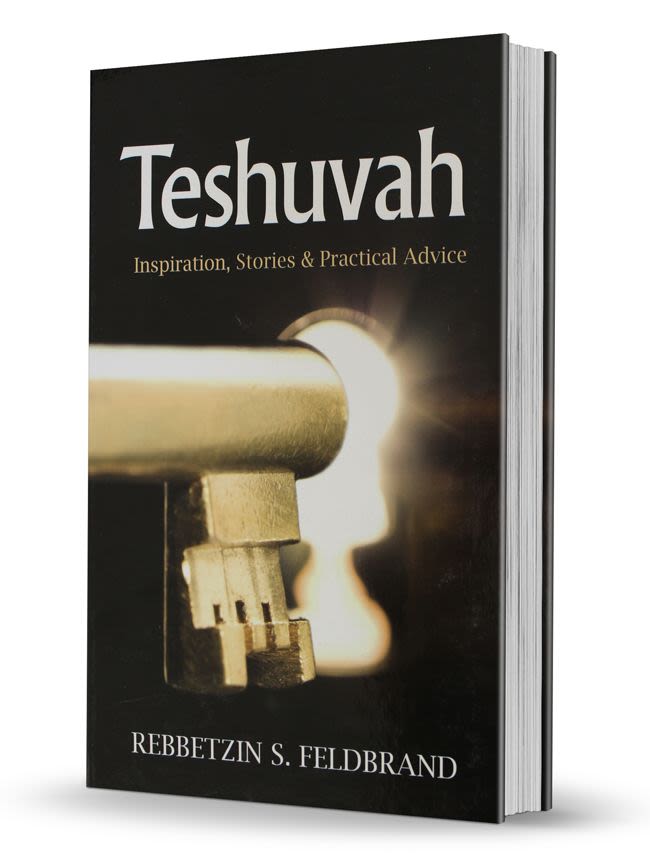
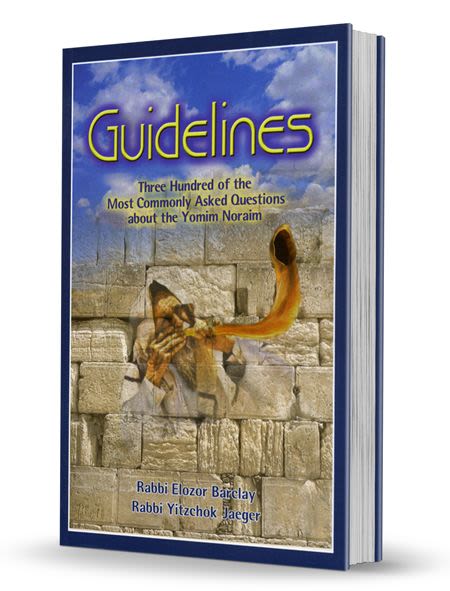
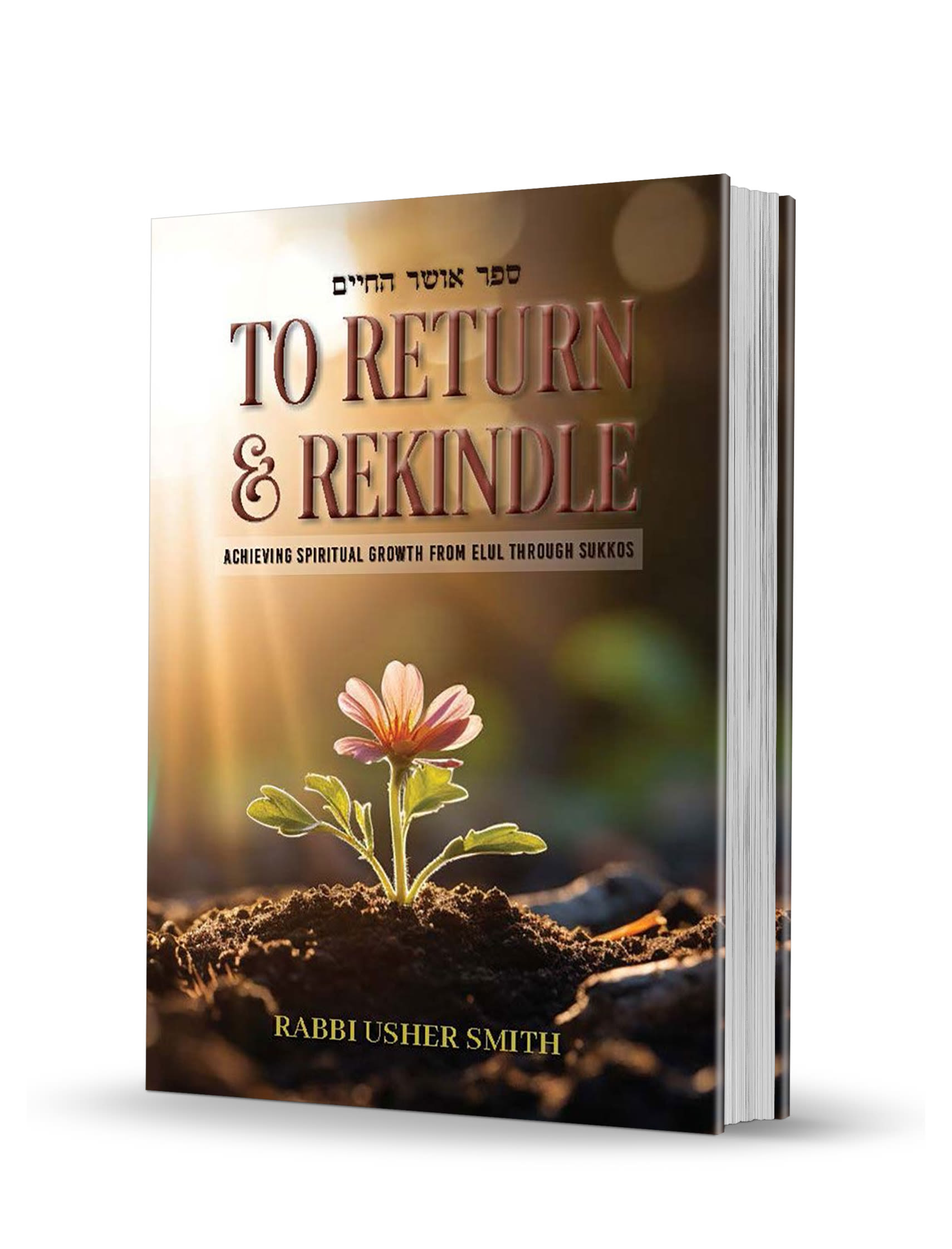
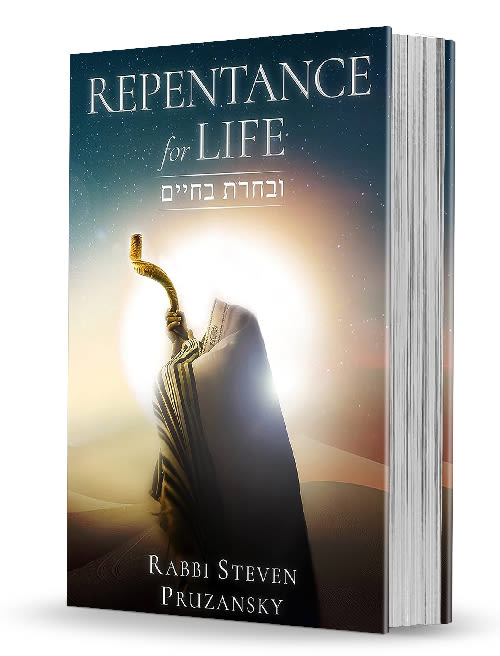
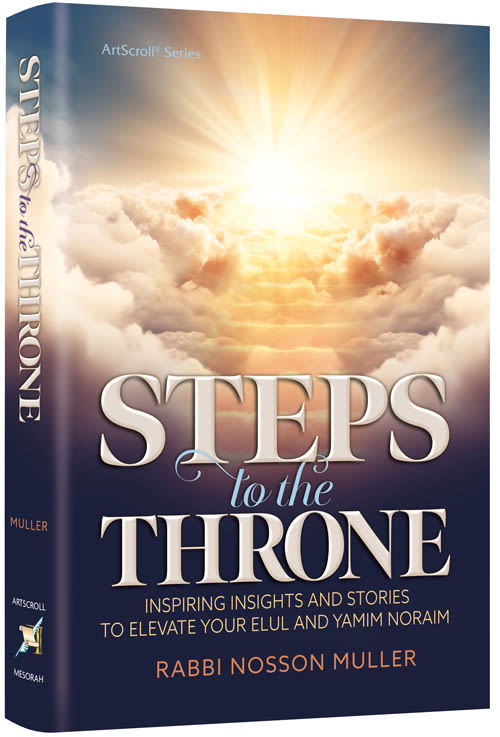
Tell us what you think!
Thank you for your comment!
It will be published after approval by the Editor.